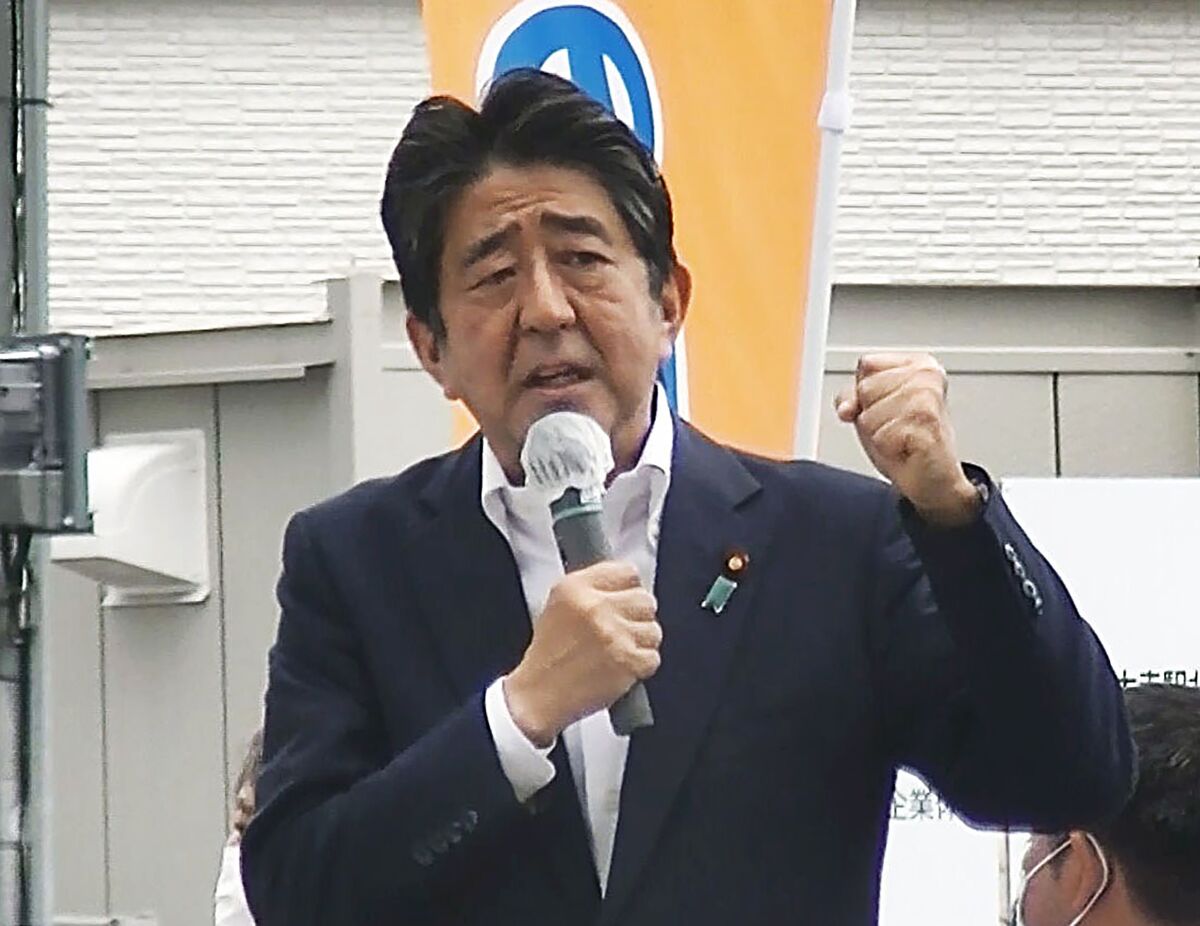Japan on Saturday marked a year since the shock assassination of former prime minister Shinzo Abe, the country’s longest-serving leader and a towering political figure. Abe was gunned down in broad daylight while giving a campaign speech in western Japan, targeted by a man allegedly angry over the former leader’s links to the Unification Church.
The suspect, Tetsuya Yamagami, was apprehended on the spot and is said to have resented the sect over large donations that his mother made that bankrupted his family.
Gun violence is extremely rare in Japan which has strict gun laws. Yamagami is believed to have used a homemade weapon. On Saturday, visitors from all walks of life formed a long queue outside Tokyo’s Zojoji Buddhist temple, offering flowers before framed pictures of a smiling Abe.
“I think he was the icon of Japanese people. He was the icon of the conservatives,” said mourner Tomoko Shimoda, 57. She said “the way he communicated with other people, what he said publicly, and the way he behaved” made a lasting impression on her. In the western Nara region, people brought flowers and prayed outside Yamato-Saidaiji Station — the site of Abe’s shooting.
Abe’s death prompted a flood of condolences from international leaders, many of whom met the former prime minister as he worked to raise Japan’s diplomatic profile. But at home, the assassination caused waves of political upheaval.
First, the renewed attention on the Unification Church — whose members are sometimes called “Moonies” — prompted revelations of deep ties between Japan’s conservative lawmakers and the sect.
Prime Minister Fumio Kishida, who saw his approval ratings tumble as the revelations emerged, was forced to first investigate the ties and then announce his party would sever any relations with the church.
Abe’s murder also prompted soul-searching over Japan’s security arrangements, with pledges to improve the protection of politicians.
Less than a year later, an attacker was able to approach Kishida at a campaign event and throw a homemade explosive. The prime minister was unharmed in the April event, and his attacker was detained at the scene.
An outspoken scion of a political dynasty, Abe invigorated socially conservative movements through his push to amend the post-war pacifist constitution. He attempted to move Japan’s regional relations past the bitter memories of World War II, stressing the nation’s history of pacifism since the war.
Source: eNCA











